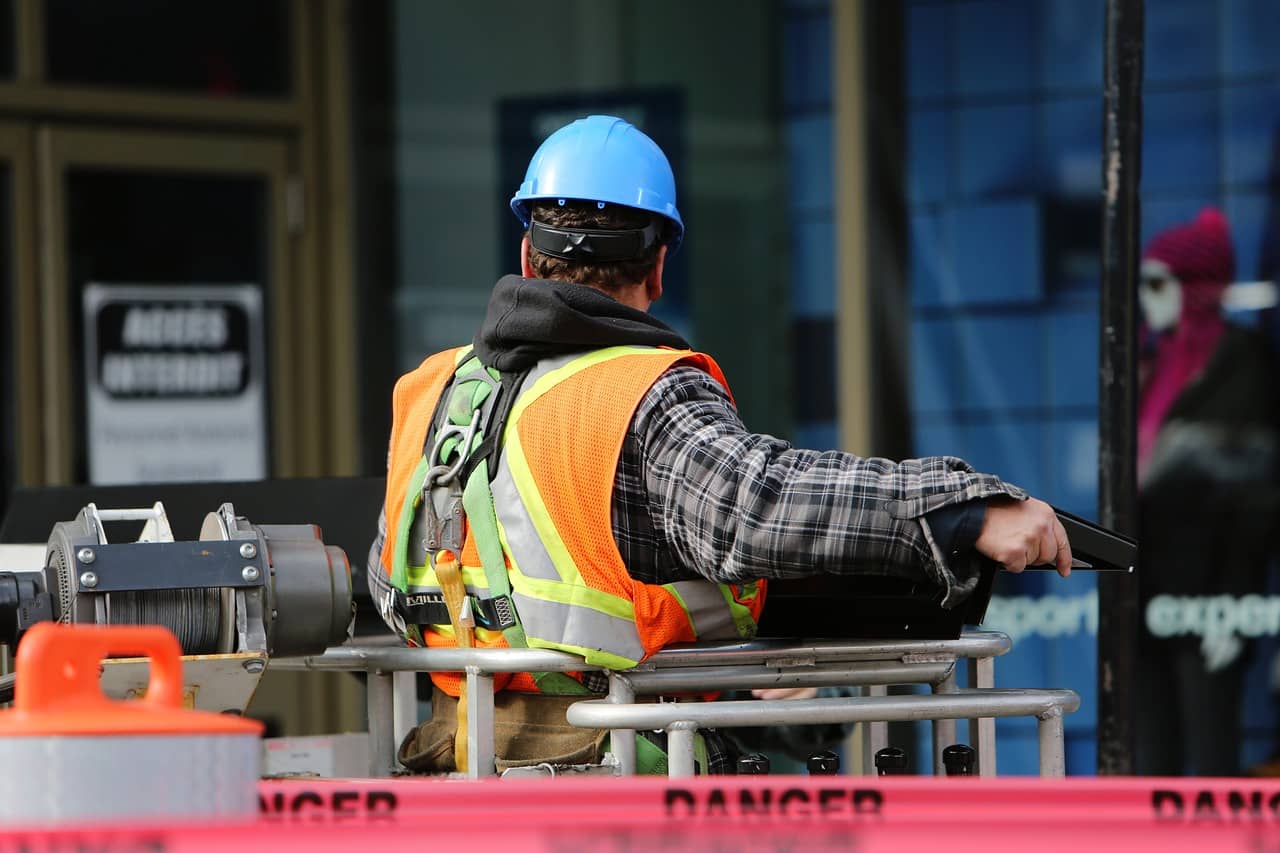
Lawyers in Nice – Immigration law
Regularisation through work is possible.
Grégory DAMY, a lawyer in Nice, provides an overview of the possibilities for regularisation under foreign nationals’ law.
***
Regularisation of residence through work :
Are you a foreign national who has just signed an employment contract (permanent or fixed-term contract)?
Then you are entitled to a residence permit for France.
If you work, you can apply to the prefecture where you live or work to regularise your situation as quickly as possible.
If the contract is open-ended, you will be issued with an employee residence permit.
The duration of the permit will be one year, renewable.
On the other hand, if you have a fixed-term contract, you will be issued with a temporary residence permit until your contract expires.
There are a number of sine qua non conditions:
– You must have an employment contract or a promise of employment
– You must have lived in France for at least 5 years and have worked for 8 months in the two years preceding your application
– Have some command of the French language
Once these conditions have been met, you will need to follow a procedure.
This starts with filling in a cerfa form at the prefecture, enclosing various documents such as proof of identity, proof of residence or proof of employment.
The authorities have 2 months to respond (art R.421-1 CJA).
It can either accept or refuse.
If you are explicitly notified of a refusal, the prefecture may accompany its refusal with an obligation to leave French territory.
This refusal may be appealed to the interim relief judge of the Administrative Court, who will give a ruling within 48 hours.
Once this 2-month period has elapsed, the legislator considers that the Administration’s failure to respond is tantamount to an implicit decision to reject the application.
You will have two months in which to contest this decision before the Administrative Court of your jurisdiction (art R.421-2 CJA).
However, if you are not notified of the appeal procedures and deadlines, the “Czabaj” case law grants you a reasonable appeal period of one year (cf. CE, 13 July 2016, no. 387763).
This was reiterated very recently by the High Administrative Court in a decision of March 2024, in which the Conseil d’Etat specified that the reasonable one-year period ran from the date on which the applicant became aware of the rejection decision (cf. CE, 11 March 2024, no. 488227).
If you encounter any difficulties, please do not hesitate to contact our law firm, which will be able to assist you throughout the procedure.
